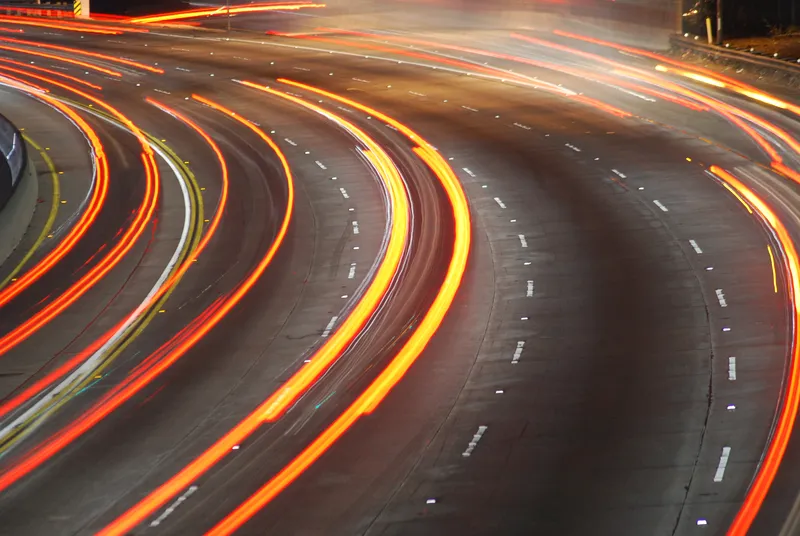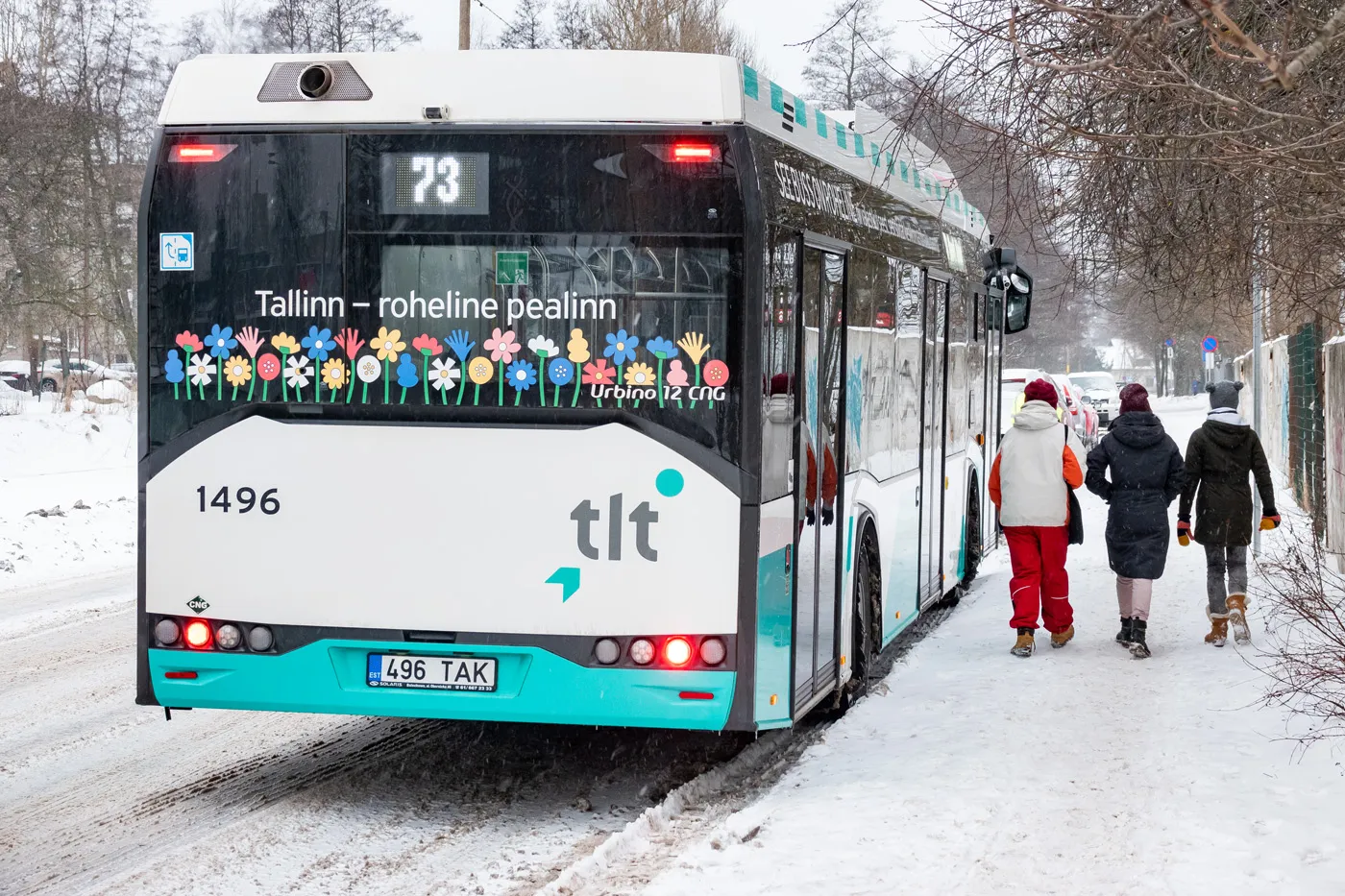
Analytics specialist Inrix UK has made its Signal Analytics product available in the UK, which the company says is "easier, faster and cheaper" than installing traditional monitoring infrastructure at a junction.
Public sector agencies in Germany and the US are already using the junction and corridor analytics in a cloud-based platform, which is based exclusively on anonymous connected vehicle data.
Inrix says is designed for all levels of traffic professionals – management, engineering, operations and maintenance.
In the UK, Transport for Greater Manchester (TfGM) is using Signal Analytics and is "looking to improve traffic signal junction efficiency whilst also providing pedestrian priority".
TfGM will also explore how Signal Analytics can assist with monitoring and evaluation of the junction upgrades and is looking more widely "for monitoring the network performance and identifying changes in driver behaviour".
TfGM wants to examine its potential "to maximise the benefits of data and connectivity to align with future connected services”.
Signal Analytics calculates industry-defined metrics including control delay, turn movements and observed vehicle counts, reporting network-wide metrics weekly in a web-based application available through Inrix IQ, a Software as a Service (SaaS) application suite.
Signal Analytics uses hundreds of millions of anonymous trips per day in the UK to deliver granular insights on signal-controlled junctions, continually collecting high accuracy vehicle data.
Inrix director Dominic Paulo says it will "further enable road authorities across the UK to fully understand signal performance, saving time, money, and help to further improve the environment".
Reducing excessive delays and optimising signal timings at junctions can reduce carbon emissions from idling.
Inrix calculated a 10-second reduction in every registered vehicle’s delay at signals daily would translate into 130,000 fewer metric tons of CO2 emitted annually.








